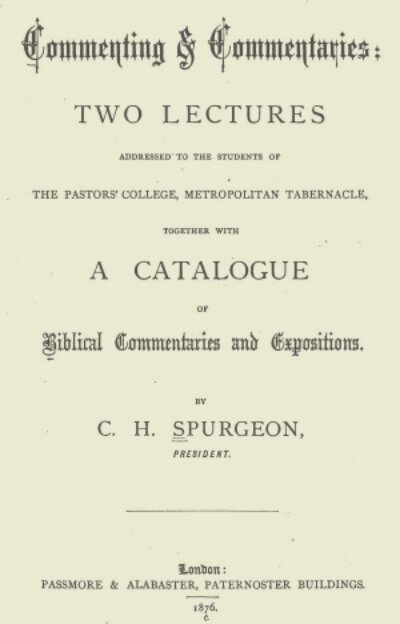Receive our blog posts in your email by filling out the form at the bottom of this page.
James W. Weir (1805-1878) was a Presbyterian ruling elder for 44 years (from 1834 until his death in 1878) at the Presbyterian Church in Harrisburg, Pennsylvania. He was a godly man who made a deep impression upon many who knew him.
John DeWitt’s mention of him in an 1894 sermon on the Beginnings of Presbyterianism in the Middle Colonies speaks volumes:
I dare not trust myself to speak of the tender personal associations and the sacred memories which make a return to Harrisburg almost a holy pilgrimage. For, though I am tempted to be very free and personal to-day, I must pause before I stir up the deepest fountains of feeling in you and in myself. But I cannot forbear to say, that every Harrisburger, who is also a son of this church, must feel himself made better by returning to the place in which that man of God and friend of man, James Wallace Weir, so long did justice and loved mercy and walked humbly with his God.
He is primarily known today for the devotional manual The Closet Companion; or, Manual of Prayer: Consisting of Topics and Brief Forms of Prayer, Designed to Assist Christians in Their Devotions (1854), published with an introduction by Albert Barnes.
From this volume we extract a suggested prayer for the New Year which is worthy of meditation at the close of one year and the beginning of another.
O thou God of the rolling seasons, I thank thee for thy mercies to me during the last year. There has not been an hour nor a moment of it, which has not brought me tokens of thy care and kindness. Assist me now to bring its transactions, in which I have been engaged, in solemn review before my conscience. Though the record of them is fast wasting away from the treacherous tablet of my memory, yet they are written, as with a pen of iron, on the books of thy remembrance; where they will remain until that fearful hour of trial, when the books shall be opened, and all men shall be judged out of the things that are written therein, whether they be good or evil.
Lord, I desire to acknowledge before thee, with godly sorrow, that I have neglected many duties, and abused many privileges, during the past year. My heart, and my lips, and my hands, have often been agents of transgression. Many of thy mercies have been ungratefully perverted or forgotten; and thy chastenings have often been despised or unheeded. O, my tongue would grow weary, and my heart would sicken, if I should undertake to recite all my iniquities before thee. Help me, I pray thee, for the sake of our Great Advocate, to repent over them, to loathe and forsake them, and to look to thee for strength, that the time past of my life may suffice to have wrought the deeds of the flesh, and that henceforth I may live to the will of God.
O Lord, I desire to enter the coming year, feeling the solemn responsibilities of human life. I know not what a day may bring forth, nor what the approaching months may reveal respecting me: except that they will bring me so much nearer eternity, and be full of records of my growth in grace, or of my backslidings from thy holy law. Yet I thank thee that my span of life is still lengthened out, and that I am still permitted to enjoy the precious opportunities that have been vouchsafed to me in days past. O God, assist me, I beseech thee, to discharge aright all the duties that lie before me. Make me understand the uncertainty of time, the worth of my soul, the multiplied interests of my fellow-travellers to eternity, and the righteous claims of thy service. Make me watchful against the many dangers to which I am exposed. Strengthen my love to thee; deepen my convictions of sin; animate my desires after holiness; increase my spirit of prayer; enlarge my benevolence; and lead me in thine own way, for thy name’s sake. Protect me by thy care; supply me by thy bounty; and grant me an increasing meetness for that state, where these changing seasons will give place to an endless life.
Lord, make this opening year, a year of the right hand of the Most High. Pour the healing balm of peace on all the bleeding wounds of thy church. Spread over her the spotless mantle of purity. Invigorate her by the reviving power of truth. Awaken her to renewed efforts in doing good. O may these months stand forth in the history of redemption, as precious seasons of refreshing from thy holy and life-giving presence.
This a devotional manual full of treasures which can be read here. And, if you are seeking a devotional read for the New Year (see our recommendations from years past here and here), be sure to consult our Devotionals page (available to members of the Dead Presbyterians Society). Meanwhile, it is our prayer that the New Year would be filled with joy and peace for our readers, and that we would all, by the grace of God, walk closer with our Lord. The Lord bless and keep you in the palm of his hand.







